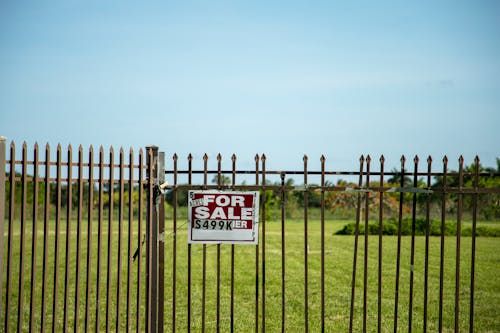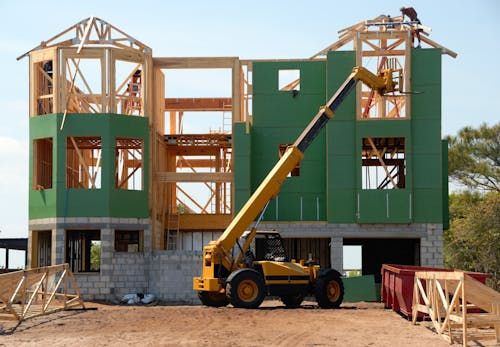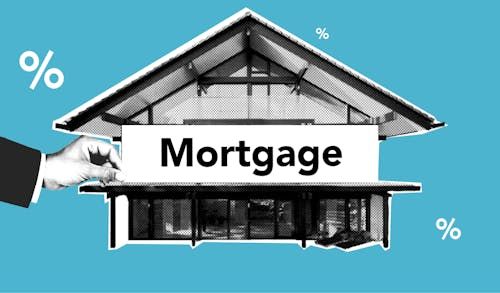They say location is everything. In Kenya, it could also be your budget line. If you’ve ever thought about building your dream home, you’ve probably found yourself torn between two counties that are mostly talked about. Nairobi and Kiambu.
It’s a bit like choosing between a Mercedes and a Probox that is pimped out. Both sound elite, but one might hit your bank account harder.
Lets break it down:
Land Costs

When it comes to land, Nairobi prices are like avocados in January. Outrageously high and not always worth it. In popular neighborhoods such as Karen the cost of a quarter-acre starts from around Ksh 25 million and can easily soar up to Ksh 60 million or more.
In contrast, Kiambu offers a breath of fresh air. Areas like Ruiru provide land options ranging from about Ksh 4 million to Ksh 15 million depending on how close you are to key roads or town centers.
Construction Costs

Material prices in Nairobi and Kiambu are fairly similar because most building supplies are standardized across the country. However, Nairobi tends to sneak in extra costs.
Kiambu, on the other hand, benefits from proximity to quarries, hardware depots, and a more straightforward delivery network. This often results in 10 to 15 percent savings on transportation, especially in areas like Githunguri .
Labor Costs

When it comes to skilled labor, Nairobi fundis and contractors tend to charge premium rates. Daily labor costs typically fall between Ksh 800 and Ksh 1,500, especially if you’re dealing with formally registered construction firms.
Kiambu fundis, while still skilled, operate mostly informally and tend to charge between Ksh 500 and Ksh 1000 per day. While that difference might seem minor at first glance, it adds up quickly over a six-month project.
Permits, Approvals & Surprise Costs

Nairobi has built itself a reputation for bureaucracy, and that’s not changing anytime soon. Building approvals, NEMA certifications, architectural reviews, and general paperwork can set you back upwards of Ksh 200,000. Not to mention the time it takes to process everything.
Kiambu, while still following legal protocols, tends to be more flexible and efficient, especially outside dense town centers. The approval processes are often faster, and interactions at county offices feel more human and less transactional.



